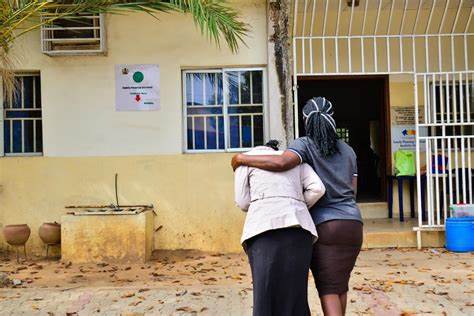Cancer Diary: Navigating a New Cancer Diagnosis: Essential First Steps

Receiving a cancer diagnosis is life-altering. It’s natural to feel overwhelmed, scared, and uncertain about the road ahead. While every journey is unique, there are several immediate steps you can take to prepare for the challenges and decisions that lie ahead. Here are some key actions to consider: 1. Understand Your Diagnosis Knowledge is power. Make sure you fully understand your diagnosis, including the type of cancer, stage, and potential treatment options. Ask your doctor questions such as: What type of cancer do I have? What stage is it, and what does that mean for my treatment? What treatment options are available to me? What are the potential side effects and risks? What is the expected timeline for treatment? Consider bringing a trusted friend or family member to appointments to help take notes and ask additional questions. 2. Find the Right Medical Team Choosing the right oncologist and medical team is crucial. Seek second opinions if necessary and look for a hospital or tr...




